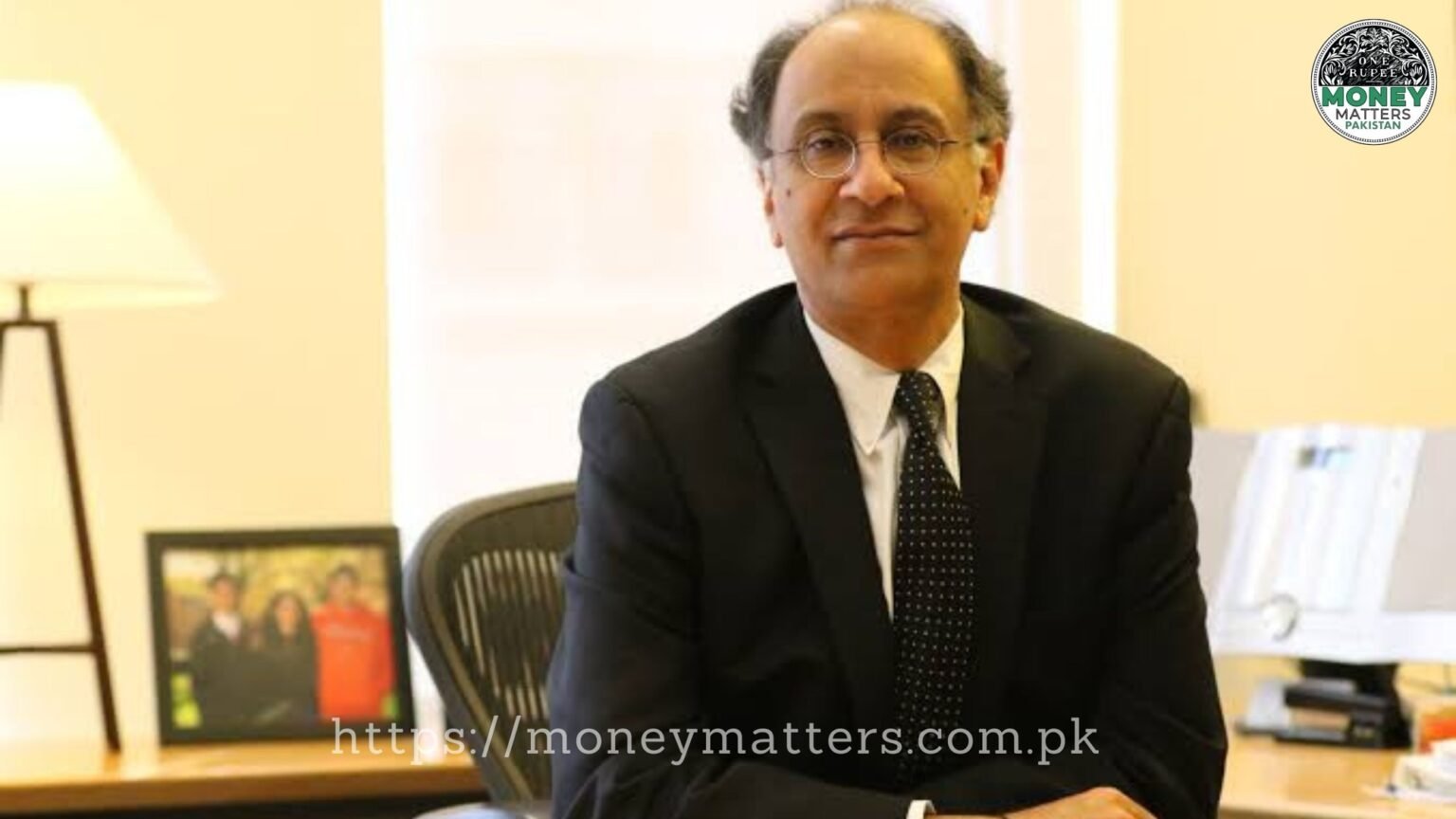Indermit Gill highlights rising debt burdens and trade uncertainties, urging developing nations to liberalize their economies for growth.
Key Takeaways:
i) The World Bank’s chief economist, Indermit Gill, has raised concerns about the increasing debt vulnerabilities faced by emerging markets and developing countries.
ii) Gill points to heightened trade uncertainty as a factor compounding the issues of rising debt and sluggish economic growth in these nations.
iii) He advises emerging economies to consider liberalizing their trade policies to potentially boost their economic prospects amidst global challenges.
Money Matters Monitoring – World Bank Chief Economist Indermit Gill has sounded an alarm regarding the growing debt problems confronting emerging markets and developing countries. Speaking recently, Gill emphasized that a surge in trade uncertainty is exacerbating the challenges posed by increasing debt levels and slow economic growth in these regions.
Gill noted a concerning trend of declining growth in emerging markets over the past two decades, with global trade now projected to grow at a significantly lower rate compared to the early 2000s. He pointed out that reduced portfolio flows and foreign direct investment are mirroring patterns observed during previous economic crises.
A significant concern highlighted by the World Bank’s chief economist is the high levels of debt in many developing nations. He stated that approximately half of around 150 such countries are either struggling to meet debt service payments or are at a high risk of reaching that point. This situation is a marked increase from the level observed in 2024 and could worsen if the global economy experiences a slowdown. Gill cautioned that if global growth and trade decelerate while interest rates remain elevated, more countries, including commodity exporters, could face severe debt distress.
The burden of debt servicing is particularly acute for poorer nations, where these costs now consume a substantial 20% of their GDP, double the figure from a decade ago. This escalating expenditure on debt leaves less room for crucial investments in education, healthcare, and other development-enhancing programs. With expectations of sustained high interest rates due to rising inflation, the debt burden on these countries could further intensify as they need to refinance existing obligations.
In light of these challenges, Gill advised developing countries to proactively pursue agreements aimed at lowering their own tariff rates. He suggested that such liberalization could provide a significant boost to their economies, especially in an environment of increasing global trade uncertainty. He argued that engaging in such negotiations promptly could be particularly beneficial, potentially overcoming domestic resistance due to current global pressures.




